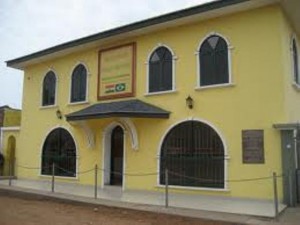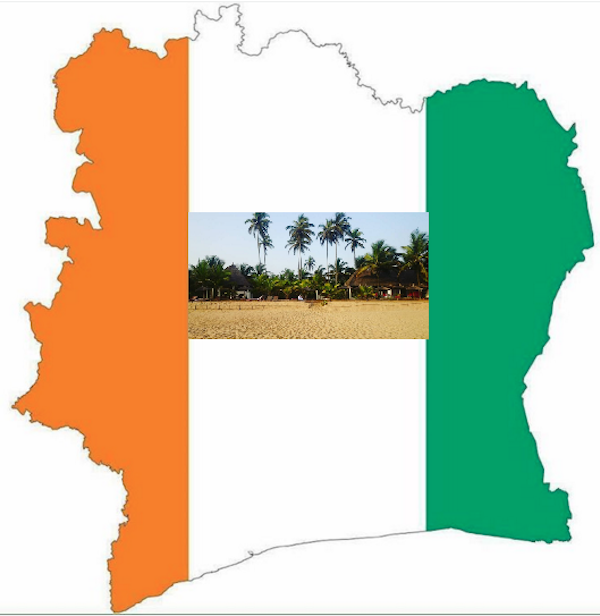Tabom: Afro-Brazilian Community in Ghana and the Portuguese language in the everyday life of Ghanaians
 TBT: Taboms are descendants of former African slaves who returned after gaining their freedom.
TBT: Taboms are descendants of former African slaves who returned after gaining their freedom.
It is estimated that they arrived in Ghana 70 families in all. When they arrived in Accra they could only speak Portuguese, so they greeted each other with “Como esta?” (How are you?) to which the reply was “Ta bom”(it is ok/well),
so the Ga-Adangbes started to call them ‘Tabom’ People.
They have now fully integrated within the Ga community. One way to identify them is based on their names such as De Souza, Wellington, Benson, Palmares, Nelson, Azumah, Amorin, Da Costa, Santos.
The Taboms brought businesses to the Gas, First Scissors House in Accra (First tailoring shop in the nation’s capital).
The story of the name of famous Tudu market area in Accra is also marked by Portuguese influence.
In the 40’s the Portuguese established there some shops and started to rival with the traders of the Makola Market, explaining to people that only in their shops the costumers were able to find “tudo” (it means “everything” in Portuguese).
Later the area was abandoned by the Portuguese, however the heritage of the Portuguese name of the place still lives on.
TRAVEL AFRICA
There are some possible influences of the Portuguese Language in the everyday life of Ghanaians. Some common expression such as
“palaver” (gossip, to chat), comes from “palavra”
“paano” is for bread, comes from “pão”.
“tabua” (board, wood) appears in Ghana as “tabo/tabu” or “tabua” (Twi).
Akan “safe” (key) comes from “chave”
“fononoo” and “flonoo” from “forno” (oven),
“prego” (nail) was integrated into Fanti (“pregow”), Ga (“plekoo”) and Akan (“prekoo”).
The word “agua” (water) generated the Akan words “aguaree” (bath, wash – noun), “aguare” (bathe)
The word “akontaa” comes from “a conta”.
“pretse”, which comes from “prato” (plate)
“koopoo/kopoo”, from the Portuguese “copo” (glass, cup).
“aspaatere”, also used as “asopaatsee” (Fanti) or “asapatere” (Akan) from “sapato” (shoe).
RECOMMENDED STORIES
Although many cultural remnants from Brazil have disappeared, there are still certain traces that remain within the community, such as the presence of ‘ Brazil House’ located in Jamestown, which emphasize Brazilian roots in Ghana and serves as a reference to the Tabom community.
Up to now it is not very clear, if they really bought their freedom and decided to immediately come back or if they were at that time free workers in Brazil, but were deported
To find out more get the book “Tabom. The Afro-Brazilian Community In Ghana” by Marco Aurelio Schaumloeffel
Source: Ghana articles/ Cape coast


